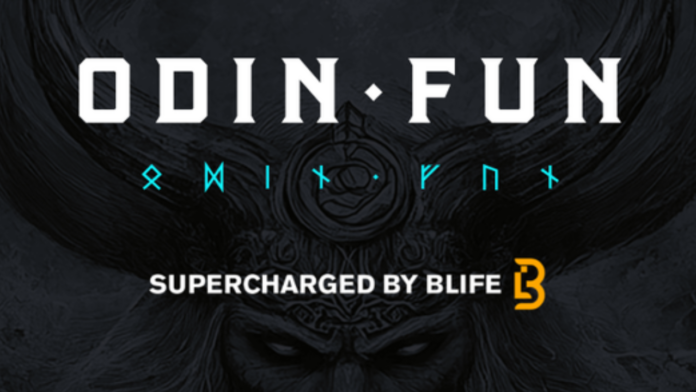Scaling a Bitcoin application is never just about increasing resources. It is a constant battle against system limitations, traffic surges, and the relentless need for optimisation. The team behind ODIN•FUN has faced every technical challenge imaginable, pushing their infrastructure to its limits while ensuring that users experience seamless interactions.
At the outset, the database was neatly housed within a single server, accompanied by a load-balancing, auto-scaling API. The strategy seemed solid: boost the database as traffic grew. This worked for a while, but eventually, a split became inevitable. A separate write instance and read instance were introduced to balance the load. That appeared to ease the strain—briefly.
The read instance soon hit its maximum capacity. Doubling its power provided temporary relief, but demand kept surging. The only option was to spin up multiple read instances, each tasked with handling portions of the ever-increasing traffic. Even then, the system continued to strain under the weight of its growing user base.
With read instances stretched thin, rate limiting became a necessary step. The challenge was striking the right balance—limit too aggressively and genuine users would be affected, limit too leniently and the traffic would still overwhelm the system. The process became a delicate dance, fine-tuning the infrastructure to keep performance smooth without restricting functionality.
Yet even with these adjustments, the problem persisted. Some database queries were proving inefficient, causing CPU spikes on read instances. Query optimisation became the next focus, tackling inefficiencies one by one to ensure that every request was handled with maximum efficiency.
Then came an unexpected but welcome twist. ODIN•FUN had captured the imagination of an entire ecosystem of builders. Developers started creating an array of applications, from profit-and-loss tools to Telegram and Discord bots, and even games. The innovation was unstoppable. But with innovation came another pressing issue: every tool required access to ODIN•FUN’s data, generating a surge in READ traffic that was ten times higher than before.
This was no longer just a case of supporting individual users but an entire developer community. The infrastructure, already stretched, had to evolve even further. Each day brought refinements, optimisations, and new solutions aimed at maintaining uptime and ensuring that the entire ecosystem remained robust.
Despite the challenges, the progress has been tangible. What started as a single-server operation has transformed into a sophisticated system capable of handling a rapidly growing ecosystem of users and developers. The push for efficiency is relentless, and the team remains dedicated to achieving nothing less than 100% uptime.
The journey is far from over, but every obstacle has driven innovation. Scaling is not a one-time fix; it is an ongoing process of adaptation, problem-solving, and continuous improvement. With each upgrade, ODIN•FUN edges closer to a seamless and resilient Bitcoin application, proving that persistence and technical ingenuity can keep pace with even the most demanding of ecosystems.


